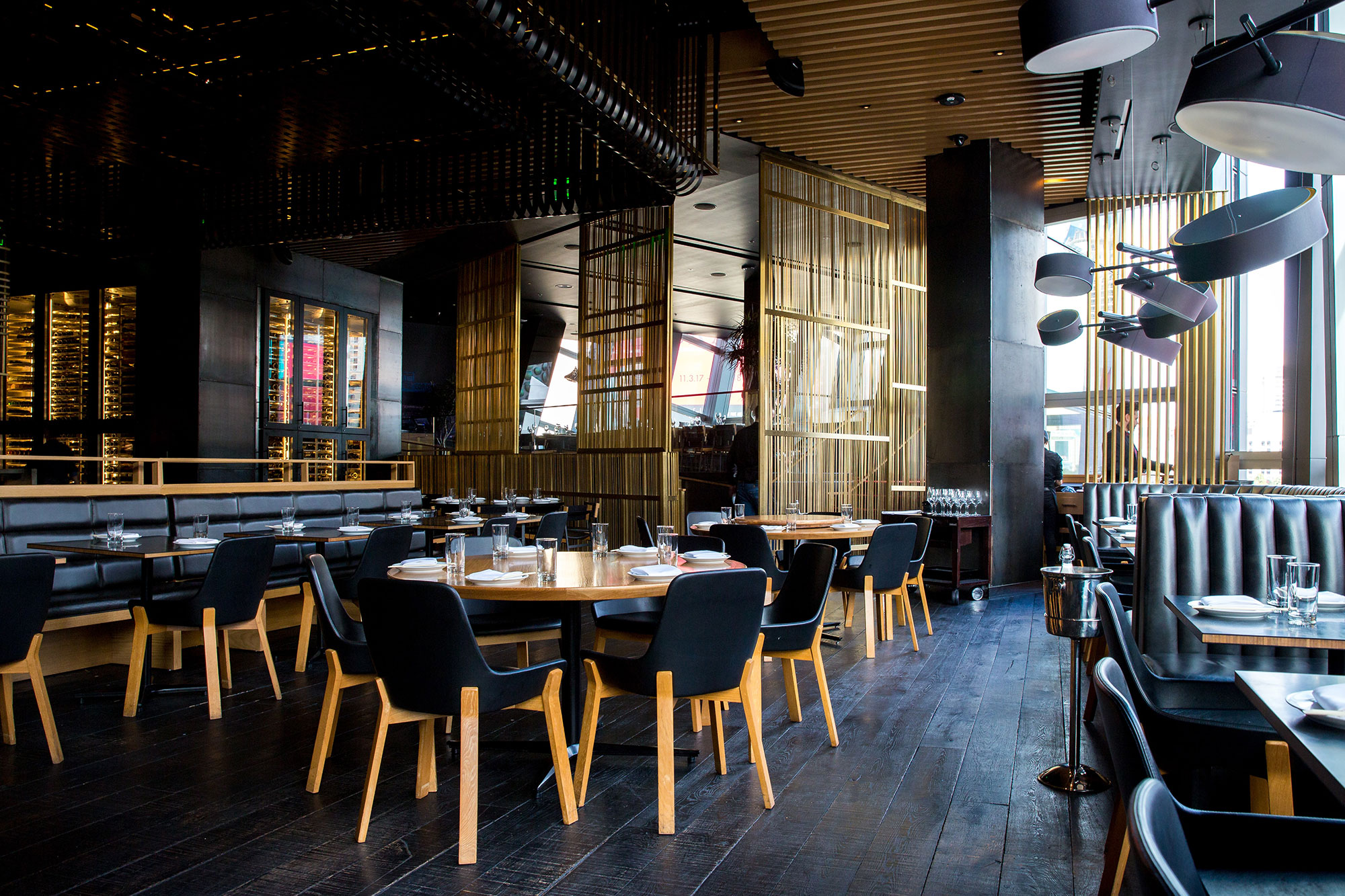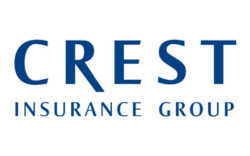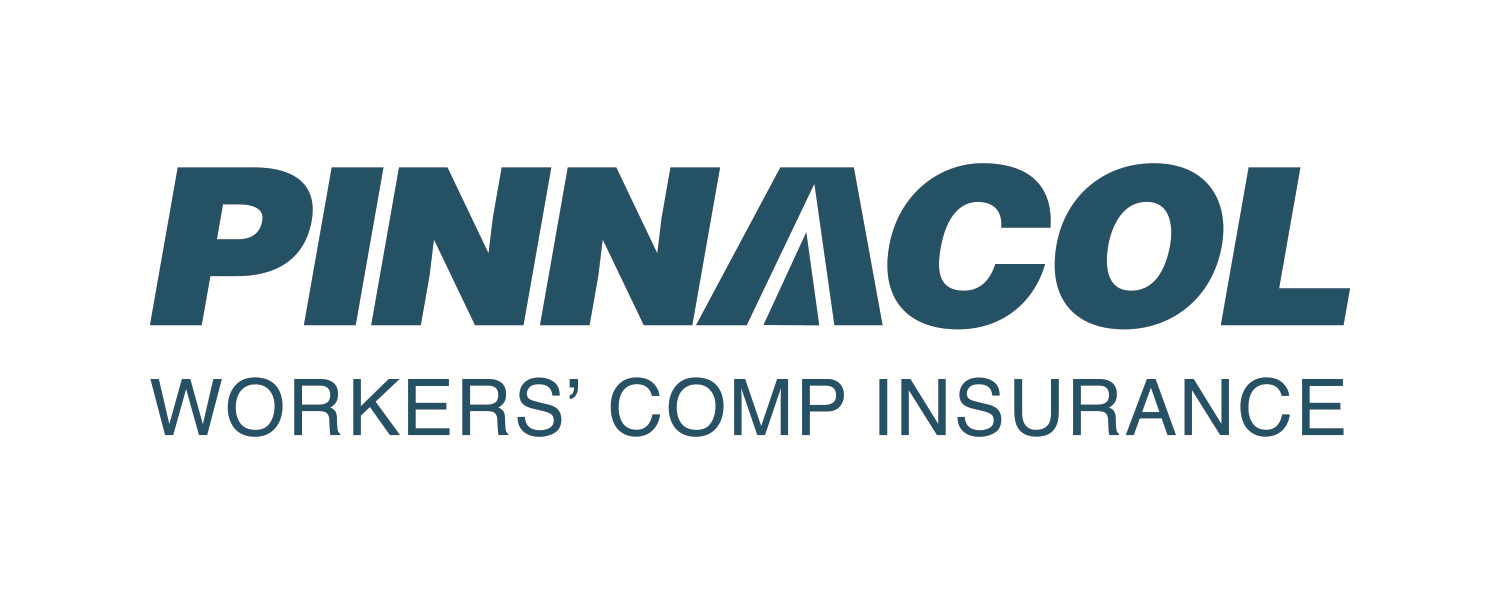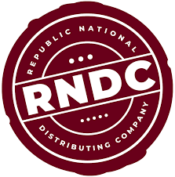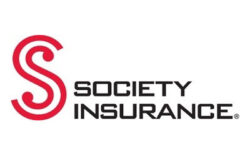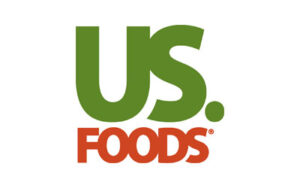Keeping Colorado Restaurant Employees on Their Feet
As the pandemic starts to improve, it’s a good time for Colorado restaurants to refocus on some of the biggest risks faced by their workers — slips, trips, and falls.
This trio of misfortunes accounted for $7 million in claims costs from Jan. 1, 2019, through March 31, 2021, according to Pinnacol Assurance data. Slips, trips, and falls ranked second in frequency behind cuts and lacerations but produced more severe injuries.
Fortunately, restaurants can help protect employee health by taking preventive measures and creating — and enforcing — effective policies.
Tools to reduce injuries at work
Which is more effective to help reduce slips, trips, and falls: Requiring employees to wear slip-resistant shoes or installing slip-resistant flooring?
Definitely the flooring — if budget allows, according to Allison Hoskins, senior safety consultant at Pinnacol Assurance.
“Personal protective equipment, such as slip-resistant shoes, should always be the last resort when all other measures have been implemented and the hazards still exist,” Hoskins says.
If slip-resistant flooring doesn’t fit the budget, restaurants can take other steps to help prevent injury at work. More affordable alternatives include using slip-resistant floor coating or placing well-maintained mats in key areas.
Administrative controls offer another tool to help reduce injury at work.
These include safety reminders from managers and policies that set expectations for employees. Remember: It’s critical to put policies in writing.
“You can’t enforce something that’s not written,” Hoskins says.
Protocols to protect employee health
Colorado restaurants can highlight good housekeeping practices in a written policy. These may include:
- Cleaning up spills immediately
- Conducting regular inspections for hazards (a facility checklist can help)
- Rerouting cords and cables
- Reporting mats that are curling up, damaged or posing another kind of safety problem
- Placing a visual marker over hazards in sidewalks and parking lots that restaurants are using for outdoor dining
- Maintaining proper lighting, especially in areas that go from light to dark or dark to light.
Policies can also address behaviors that can reduce injury at work. These may include:
- Providing regular safety training for all employees
- Discouraging running or changing direction quickly
- Discouraging the use of sunglasses in low-light areas
- Encouraging reporting of all slips, trips, and falls, even if an actual injury didn’t occur
Communicating expectations about footwear
Another key to promoting a safe restaurant workplace is to develop a footwear policy.
The policy should highlight the benefits of wearing safety shoes and the responsibilities of employees.
For example, it’s the server’s responsibility to wear proper shoes and inspect them daily and the supervisor’s to monitor their footwear.
The footwear policy might require employees to wear shoes with a “slip-resistant” label. Restaurants also can prohibit certain types of footwear, like open-toe shoes, shoes with too much grip or tacky surfaces, and even sneakers.
“A lot of people think tennis shoes are slip-resistant, but they’re about as slippery as they come,” Hoskins says.
Hazards facing food delivery drivers
Restaurants can take precautions in and around their locations, but they can’t necessarily mitigate the obstacles their delivery drivers encounter.
These may include broken sidewalks, damaged stairs, uneven ground, and walkways with trip hazards or ice. Not surprisingly, drivers frequently suffer slips, trips, and falls.
But food establishments can offer safety awareness training, including educating drivers about potential hazards, being aware of their surroundings, and wearing the proper footwear for wet, muddy, or icy conditions.
Prioritizing safeguards at Colorado restaurants
Keeping a safety-first mindset to prevent injuries at work can pose a challenge for any restaurant.
That’s especially true for restaurants that are short-staffed or hiring new workers as they reopen or expand capacity. Employees who are busy, rushed or fatigued can get easily distracted and have an accident.
By developing and enforcing common-sense safety rules, it’s possible to guard against the slips, trips and falls that can impact employee health — and restaurant operations.
Questions about preventing injuries at your Colorado restaurant?
Pinnacol Assurance has the largest and most experienced safety team in Colorado ready to help our customers identify and eliminate workplace hazards. Contact a Pinnacol safety consultant to learn more.
